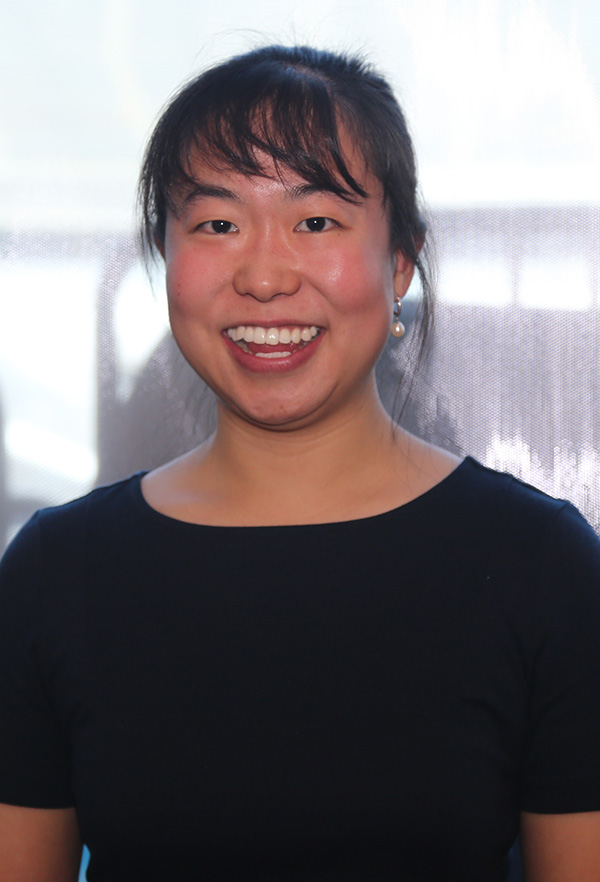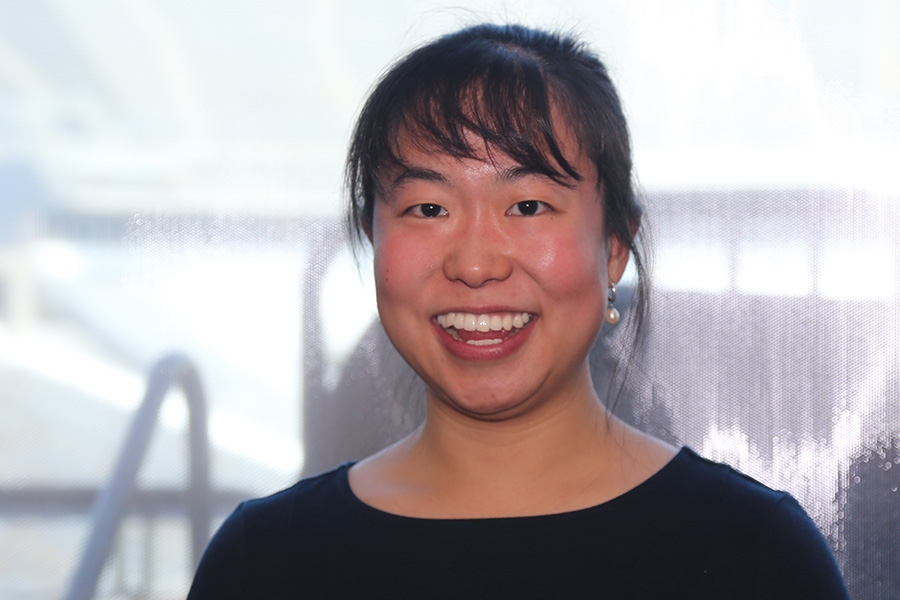 Tien |
The School of Civil and Environmental Engineering’s Iris Tien will travel to Connecticut this fall for two days of meetings and idea-sharing with some of the nation’s most promising young engineers.
Organized by the National Academy of Engineering, the Frontiers of Engineering symposium gathers what the academy calls “exceptional” engineers from 30 to 45 years old to facilitate “cross-disciplinary exchange and promote the transfer of new techniques and approaches across fields in order to sustain and build U.S. innovative capacity.”
It’s a highly competitive and prestigious invitation extended to only 82 people this year, according to an academy news release.
“My research is highly interdisciplinary, and at the symposium, I am looking forward to connecting with colleagues across engineering,” said Tien, an assistant professor in the School.
“I am excited to have been selected as a part of this group to discuss with others society’s outstanding grand challenges, and how scientific discoveries combined with technological advancements can contribute to solutions to these challenges.”
For 2017, the symposium will focus on the latest advances in four areas: mega-tall buildings and other future places of work, unraveling the complexity of the brain, energy strategies to power our future, and machines that teach themselves.
“My research in risk and reliability of critical infrastructure systems intersects each of the four main session topics for this year’s symposium,” Tien said, noting she’s looking forward to bringing new ideas into her research as a result of the gathering.
Invited participants for 2017 include three Georgia Tech assistant professors, as well as rising stars from companies like Proctor & Gamble, Google and Medtronic.
“The Frontiers of Engineering program brings together a particularly talented group of young engineers whose early careers span different technical areas, perspectives and experiences,” said NAE President C.D. Mote Jr. “But when they come together in this program, their mutual excitement is palpable, and a process of creating long-term benefits to society is often initiated.”
This is Tien’s second invitation to a Frontiers symposium; she attended the Arab-American Frontiers of Science, Engineering and Medicine Symposium in 2015.

